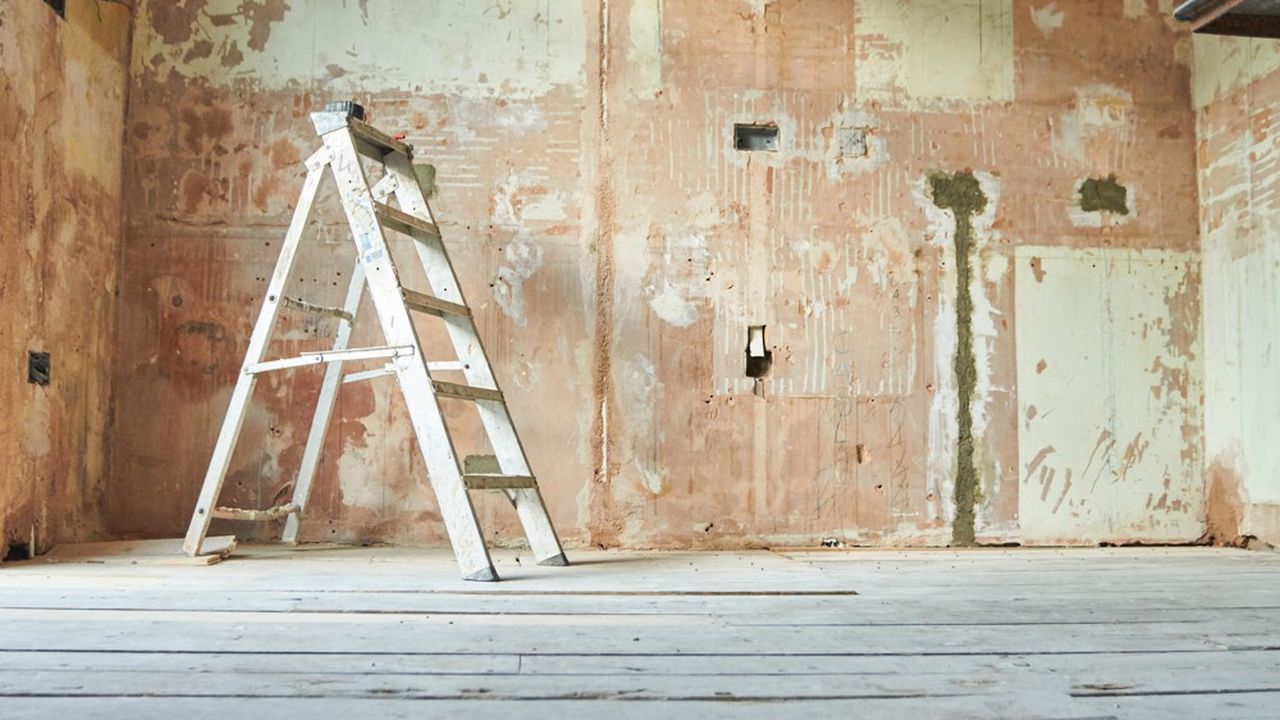Formateur Mark Rutte starts today with receiving the candidate ministers for his fourth cabinet. In the Logement in The Hague, where negotiations also took place in the formation, he holds talks with five future ministers and one state secretary.
First up is Wopke Hoekstra (CDA). In addition to being Minister of Foreign Affairs, he will also be Deputy Prime Minister. Rutte will then receive the new ministers of the Ministry of Justice, successively Dilan Yesilgöz (VVD, Minister of Justice and Security), Franc Weerwind (D66, Minister for Legal Protection) and Eric van der Burg (VVD, State Secretary for Asylum and Migration).
Later in the afternoon there will be talks with the two intended ministers at the Ministry of Education, Culture and Science. Rutte talks online with Robbert Dijkgraaf (D66), who will become Minister of Education, Culture and Science and who still lives in the US. Finally Dennis Wiersma (VVD) comes by. He is exchanging his current position, that of State Secretary for Social Affairs, for that of Minister for Primary and Secondary Education.
No formality
The meeting with the formateur is the last step in the appointment procedure of new ministers and state secretaries. It actually never happens that an appointment is canceled after such a meeting, but it is not at all a formality.
It is also not a job interview, because the choice for a minister is mainly the party that nominates the candidate and not the prime minister. In our polity, as a political leader, he only has something to say about the ministers and secretaries of state of his own party. Furthermore, he is ‘primus inter pares’, that is, ‘first among equals’.
What is discussed in the conversation with Rutte? Under the procedure, it is assessed whether there is ‘any present or past impediment to the candidate’s acceptance of the position’. In other words: is there anything that actually prevents you from becoming a minister or state secretary?
Then we look at ancillary positions that are incompatible with a position in the cabinet, or business interests that could create a conflict of interest. The health of the candidate is also discussed, because being a minister is a tough job.
Private things
In addition, the formateur discusses the results of the screening carried out by the AIVD and the Tax and Customs Administration. It has been investigated whether the candidate has a criminal record, is known to the intelligence services and whether the candidate has always paid tax correctly.
Finally, Rutte will ask whether there is anything in the past of the future minister or state secretary that could cause controversy. This may concern private matters and it is up to the candidate himself how broadly that question is answered.
–


